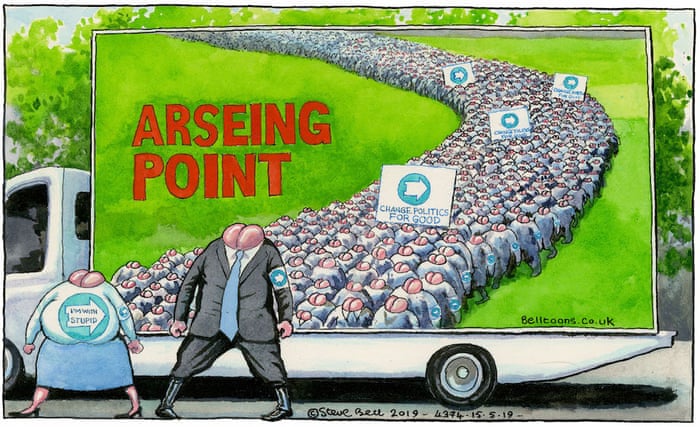Natasha Whittam wrote:xmiles wrote:There is plenty of evidence but you choose to ignore it. Which of course is entirely typical of brexit fans.
Last time I asked you to provide me concrete proof that only educated people voted to remain you linked me to a newspaper article!
There is no proof. You've just decided that's what happened and now it's fact in your world.
As you well know I never said "only educated people voted to remain" or anything like that. The link I provided was to the YouGov site which you would have realised if you had bothered to look at it.
https://www.google.com/url?sa=t&rct=j&q=&esrc=s&source=web&cd=18&cad=rja&uact=8&ved=2ahUKEwiB0--pqpniAhXoD2MBHSgYASMQFjARegQICBAB&url=https%3A%2F%2Fyougov.co.uk%2Ftopics%2Fpolitics%2Farticles-reports%2F2016%2F06%2F27%2Fhow-britain-voted&usg=AOvVaw266rNW_gQsa65pM_iGNAEU

 Home
Home





